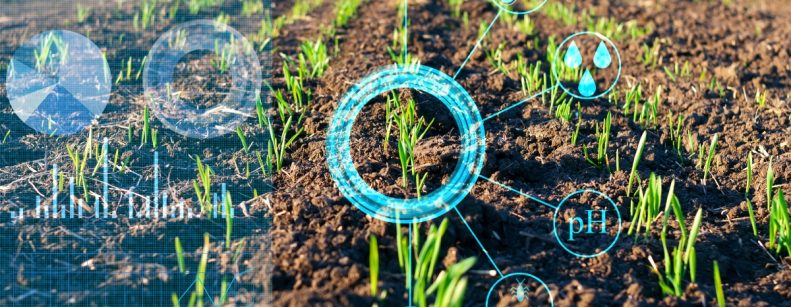
The general idea is that the digital economy is environmentally friendly. This prejudice, however, has more to do with a mixture of false perception and lack of information than with reality. Inria, a French digital science research institute, refers to forecasts indicating that by 2030, half of the world's electricity consumption will be for computing facilities.
Within this trend, the development of artificial intelligence - a technology that is essential for the deployment of renewable energies - is a major player. Inria cites studies indicating that the design and training of state-of-the-art machine learning models produce the same amount of CO2 as six medium-sized vehicles over their lifetime.
Under this scenario, and with the participation of Inria, six institutions from five countries - including Chile - have started working on two projects, aimed at developing an ecologically viable machine learning technology (GreenAI), under the coordination of Inria Chile, and another to develop Sustainable Artificial Intelligence (SusAIN). The projects involve researchers from Inria in France and Chile, the Mathematical Modeling Center of the University of Chile, the University of Asuncion-Paraguay, the National Laboratory of Scientific Computing of Brazil and the University of the Republic-Uruguay.